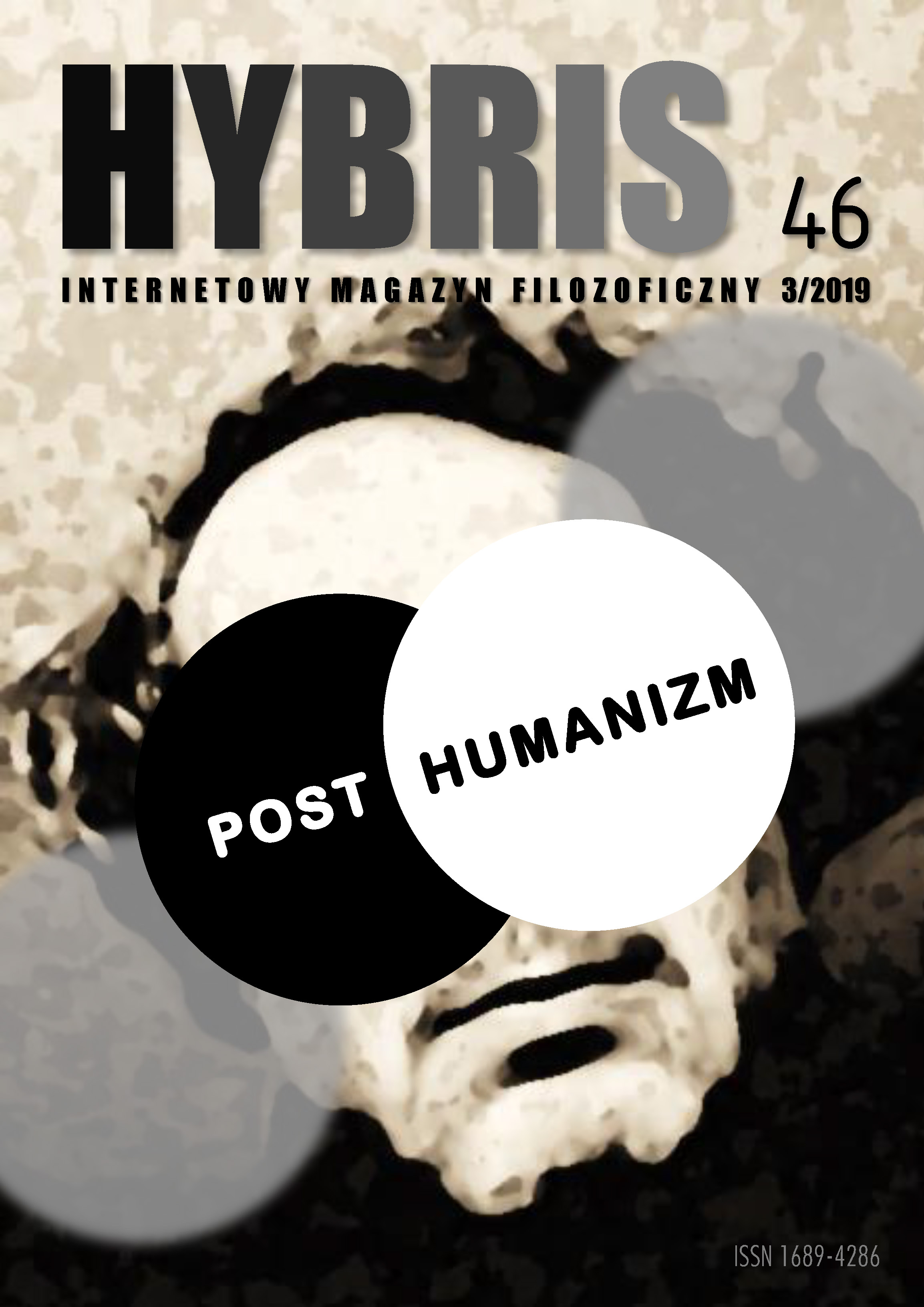Miguel de Unamuno,s Man of Flesh and Blood - Individual Humanism in Spanish Thought at the Turn of the 19th and 20th Centuries.
DOI:
https://doi.org/10.18778/1689-4286.46.11Keywords:
Miguel de Unamuno, The Man of Flesh and Bone, The Tragic Sense of Life, humanism, Spanish existentialism, Spanish philosophyAbstract
“The man of flesh and bone; the man who is born, suffers, and dies— above all, who dies; the man who eats and drinks and plays and sleeps and thinks and wills; the man who is seen and heard; the brother, the real brother”. With these words, Miguel de Unamuno (1864-1936) opens a philosophical treatise entitled The Tragic Sense of Life.
By rejecting the abstract constructs hiding under the terms "humanity" and "what is human", the Spanish philosopher turns to a specific man, a man of flesh and blood (spanish: el hombre de carne y hueso). This man, aware of his individuality, whose philosophy derives from the experience of the title sense of the tragedy of life should be - according to Unamuno - not only the subject, but also the subject of philosophical reflection. As the indigenously human author of Mist , he recognizes the tear of man between the inevitable finitude and the desire for immortality (eternal life). Therefore, the only real problem of philosophy is the awareness of one's own and universal finitude. Unamuno's individual humanism focuses on three problems: questioning the meaning of the existence of death, the irrationality of human nature and the problem of (non)existence of God.
References
Górski, E. (1982). Człowiek w filozofii Unamuna i Ortegi y Gasseta, [w:] Problemy człowieka we współczesnej myśli hiszpańskiej, praca zbiorowa pod red. E.Górskiego, Kraków: Wydawnictwo Literackie.
View in Google Scholar
Górski, E. (1979). Hiszpańska refleksja egzystencjalna. Studium filozofii i myśli politycznej Miguela de Unamuno, Wrocław: Wydawnictwo Ossolineum.
View in Google Scholar
Jagłowski, M. (2013). Zarys historii filozofii hiszpańskiej. Nurty i szkoły, Olsztyn: Wydawnictwo Uniwersytetu Warmińsko-Mazurskiego.
View in Google Scholar
Płóciennik, M. (2012). Poczucie tragiczności życia jako źródłowe doświadczenie człowieczeństwa w myśli Miguela de Unamuno, [w:] Studia Sieradzana 2.
View in Google Scholar
Polit, K. (2018). Bóg, człowiek i śmierć. Poglądy filozoficzne późnego Miguela de Unamuno, Lublin: Wydawnictwo Uniwersytetu Marii Curie-Skłodowskiej.
View in Google Scholar
Sartre, J.-P. (1999). Egzystencjalizm jest humanizmem, Warszawa: Wydawnictwo Muza SA.
View in Google Scholar
Unamuno, M. de (1958). Mgła, Warszawa: Książka i Wiedza.
View in Google Scholar
Unamuno, M. de (1984). O poczuciu tragiczności życia wśród ludzi i wśród narodów, Kraków-Wrocław: Wydawnictwo Literackie.
View in Google Scholar
Unamuno M. de (2003). Dziennik intymny, Kęty: Wydawnictwo Antyk.
View in Google Scholar
Downloads
Published
How to Cite
Issue
Section
License

This work is licensed under a Creative Commons Attribution-NonCommercial-NoDerivatives 4.0 International License.






